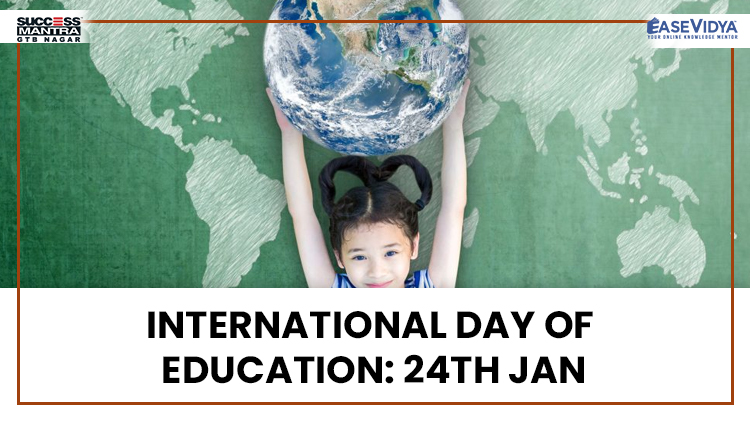
INTERNATIONAL DAY OF EDUCATION CELEBRATED ON 24TH JAN
INTERNATIONAL DAY OF EDUCATION: 24TH JAN
- The International Day of Education is observed on January 24, annually. Year 2022 marks the fourth year of celebration. The day was observed with the theme– ‘Changing Course, Transforming Education’.
- History of the day: The International Education Day was proclaimed by “United Nations General Assembly (UNGA)” in December 2018. It was proclaimed to mark the significance of education in ensuring peace and development.
- UNGA resolution: The resolution to observe ‘International Day of Education’ was authored by 59 member states. It demonstrated the unwavering political will for supporting transformative actions for equitable, inclusive, and quality education for all.
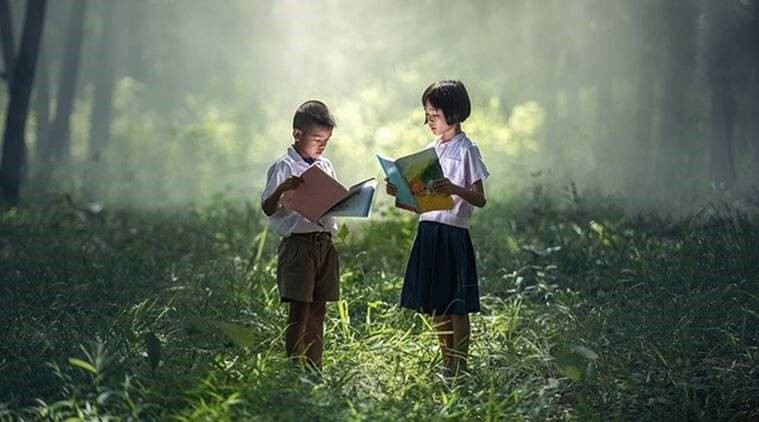
Current Affairs Notes By Success Mantra Coaching Institute GTB Nagar Delhi CLICK HERE
NATIONAL EDUCATION DAY
It has been observed every year on 11th November, since 2008 to commemorate the birth anniversary of Maulana Abul Kalam Azad. Maulana Abul Kalam Azad was the first Union Education Minister of India. He was a freedom fighter, scholar and eminent educationist. He was a key architect of Independent India who was responsible for setting up apex education bodies like All India Council for Technical Education (AICTE) and University Grants Commission (UGC). He was posthumously awarded Bharat Ratna, India’s highest civilian award in 1992. Azad supported the Non-Cooperation Movement (1920-22) started by Gandhiji and entered the Indian National Congress in 1920. In 1923, he was elected as the president of Indian National Congress. At an age of 35, he became the youngest person to serve as the President of the Indian National Congress. In 1947, he became the first education minister of free India and remained at this post till his death in 1958. In his tenure, he did tremendous work for the upliftment of the country. The first IIT, IISc, School of Planning and Architecture and the University Grants Commission were established under his tenure as the education minister.
United Nations General Assembly (UNGA): UNGA is one among the six principal organs of the United Nations (UN), serving as the main policymaking, and representative organ of the UN. The powers, composition, procedures and functions of UNGA are set out in Chapter IV of the United Nations Charter. It is responsible for the UN budget. UNGA is the only UN organ, where all the member states have equal representation.
Members of UNGA: All the 193 members of UN are members of UNGA, besides Holy See and Palestine as observer states. UNGA may grant observer status to an entity or international organization. Observer status entitles them to participate in work of UNGA, though with limitations.
GOVT. INITIATIVES FOR SMOOTH CONDUCT OF E-LEARNING
Several initiatives have been taken to enable online education in India, such as:
- E-PG Pathshala: An initiative of the Ministry of Human Resource Development to provide e-content for studies.
- SWAYAM: it provides for an integrated platform for online courses.
- NEAT: It aims to use Artificial Intelligence to make learning more personalized and customized as per the requirements of the learner
Other initiatives include:
- National Project on Technology Enhanced Learning (NPTEL), National Knowledge Network (NKN), and National Academic Depository (NAD), among others. PRAGYATA: The Ministry of Human Resource Development (MHRD) released guidelines on digital education titled PRAGYATA.
- Under the PRAGYATA guidelines, only 30 minutes of screen time per day for interacting with parents is recommended for kindergarten, nursery and pre-school. Schools can hold live online classes for a maximum of 1.5 hours per day for Classes 1-8, and 3 hours per day for Classes 9-12.

PRAVAHINI Current Affairs Notes By Success Mantra Coaching Institute GTB Nagar Delhi CLICK HERE
EDUCATION IN INDIA: CONSTITUTIONAL PROVISIONS
Part IV of Indian Constitution, Article 45 and Article 39 (f) of Directive Principles of State Policy (DPSP), has a provision for state-funded as well as equitable and accessible education. The 42nd Amendment to the Constitution in 1976 moved education from the State to the Concurrent List. The education policies by the Central government provide a broad direction and state governments are expected to follow it. However, it is not mandatory, for instance TamilNadu does not follow the three language formula prescribed by the first education policy in 1968. The 86th Amendment in 2002 made education an enforceable right under Article 21-A.
RELATED LAWS
Right to Education (RTE) Act, 2009 aims to provide primary education to all children aged 6 to 14 years and enforces education as a Fundamental Right. It also mandates 25% reservation for disadvantaged sections of the society.
OTHER IMPORTANT DAY OBSERVED ON 24TH JANUARY
NATIONAL GIRL CHILD DAY
National Girl Child Day is observed every year on January 24th. The day is observed to spread awareness regarding the inequalities faced by girl children in Indian society and also to promote the rights of the girl child and the importance of female education, health and nutrition. National Girl Child Day is an initiative taken by the Union Ministry of Women and Child Development. The day is commemorated by different ministries and organisations by organising different events to raise awareness on the inequalities faced by girls and importance of their empowerment. The National Girl Child Day 2022 theme is yet to be announced. The National Girl Child Day 2021 Theme was ‘Digital Generation, Our Generation 'and the 2020 theme was ‘My voice, our common future. National Girl Child Day 2022 celebration will be observed under the ‘Azadi Ka Amrit Mahotsav.
National Girl Child Day History
The National Girl Child Day was first observed on January 24, 2008 by the Ministry of Women and Child Development. It was decided to observe the day to tackle issues related to inequalities that girls face in society. The day is in line with all the campaigns and programmes launched by the Indian government for female children like Beti Bachao Beti Padhao, Save the Girl Child and other programmes like free and subsidised education and reservation in colleges and universities.
RELATED TOPICS TO BE READ
INTERNATIONAL DAY OF THE GIRL CHILD 2021
International Girl Child Day is observed every year on October 11. It is an observance day by the United Nations that aims at amplifying the voices of the young girls all around the world as well as increasing awareness about the issues that are faced by them. Girl Child Day provides an opportunity to take note of day-to-day discrimination and how it impacts the growth of young girls, particularly in underdeveloped and developing nations. World Girl Child Day 2021 supports more opportunities for the girls as well as increases awareness about gender equality in various areas including, nutrition, education, medical care, legal rights, and protection from discrimination. The theme for international Girls Day 2021 is ‘Digital Generation, Our Generation’. The theme for Girl Child Day focuses on the gender digital divide in devices, connectivity, and their skills, use, and jobs.
International Girls Child Day History
At the World Conference on Women in Beijing in 1995, the countries unanimously adopted the Beijing Declaration and Platform for Action which was the most progressive blueprint ever for advancing the rights of not only women but girls. The Beijing Declaration is known to be the first to specifically call out the girls’ rights. Later, the United Nations General Assembly on December 19, 2011, adopted the resolution to declare October 11 as the International Day of the Girl Child in order to recognize girls’ rights and the unique challenges that the girls face all around the world.
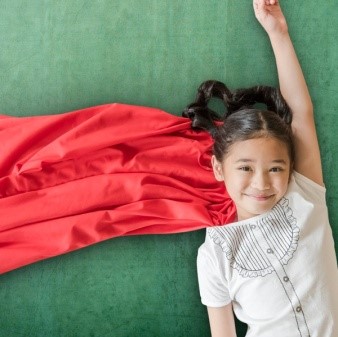
ABOUT GENDER DIGITAL DIVIDE
The theme of International Day of the Girl Child 2021 highlights the gender digital divide which has been affecting the major population of young girls all over the world. As per the United Nations, while the pandemic has accelerated the digital platforms for learning, connecting, and earning, some 2.2 billion people below 25 still do not have internet access at home. However, the gender digital divide is much more about connectivity. According to the UN, girls are also less likely than boys to use their own devices as well as gain access to tech-related jobs and skills.
Young Girls changing the world
- Malala Yousafzai - Shot in the head on a school bus by the Taliban, Malala Yousafzai was just 15-years old when she faced the tragic incident. Raising the voice for supporting young girls’ education in Pakistan, Malala came on Taliban’s radar after daring to speak against the ban on girl education. Her story is known across the world.
- Great Thunberg - A teenage climate activist from Sweden, Greta Thunberg is known for not mincing her words and opinions on world leaders and their take on climate change. She came into the limelight after starting a school strike for the climate outside the Swedish Parliament and eventually became a global phenomenon which further helped in bringing the problem of climate change and global warming to the UN table.
- Thandiwe Abdullah - Thandiwe Abdullah, by her 17th birthday, already had an impressive list of achievements. She co-founded the Black Lives Matter Youth Vanguard and helped in creating the Black Lives Matter in-school program, which was subsequently adopted by the National Education Association.
- Licpriya Kangujam - She is a child environment activist from India and is one of the youngest climate activists globally. Licpriya Kangujam addressed the World Leaders at the United Nations Climate Change Conference in 2019 and asked them to take immediate climate action.
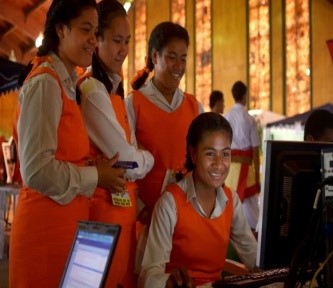
RELATED SCHEME: BETI BACHAO, BETI PADHAO
It was launched in January 2015 with the aim to address sex selective abortion and the declining child sex ratio which was at 918 girls for every 1,000 boys in 2011. This is a joint initiative of the Ministry of Women and Child Development, Ministry of Health and Family Welfare and Ministry of Human Resource Development. The programme is being implemented across 405 districts in the country.
Other Initiatives for Girl Children
- UJJAWALA: To tackle the problem of trafficking, it is a Comprehensive Scheme for Prevention of Trafficking and Rescue, Rehabilitation and Re-Integration of Victims of Trafficking for Commercial Sexual Exploitation.
- Kishore Health Card: To record the information about the weight, height, Body Mass Index (BMI) of Adolescent Girls (AGs). These health cards for AGs are maintained at the AnganWadi centres (AWCs).
- Scheme for Adolescent Girls (SAG).
- Sukanya Samridhi Yojana, etc.










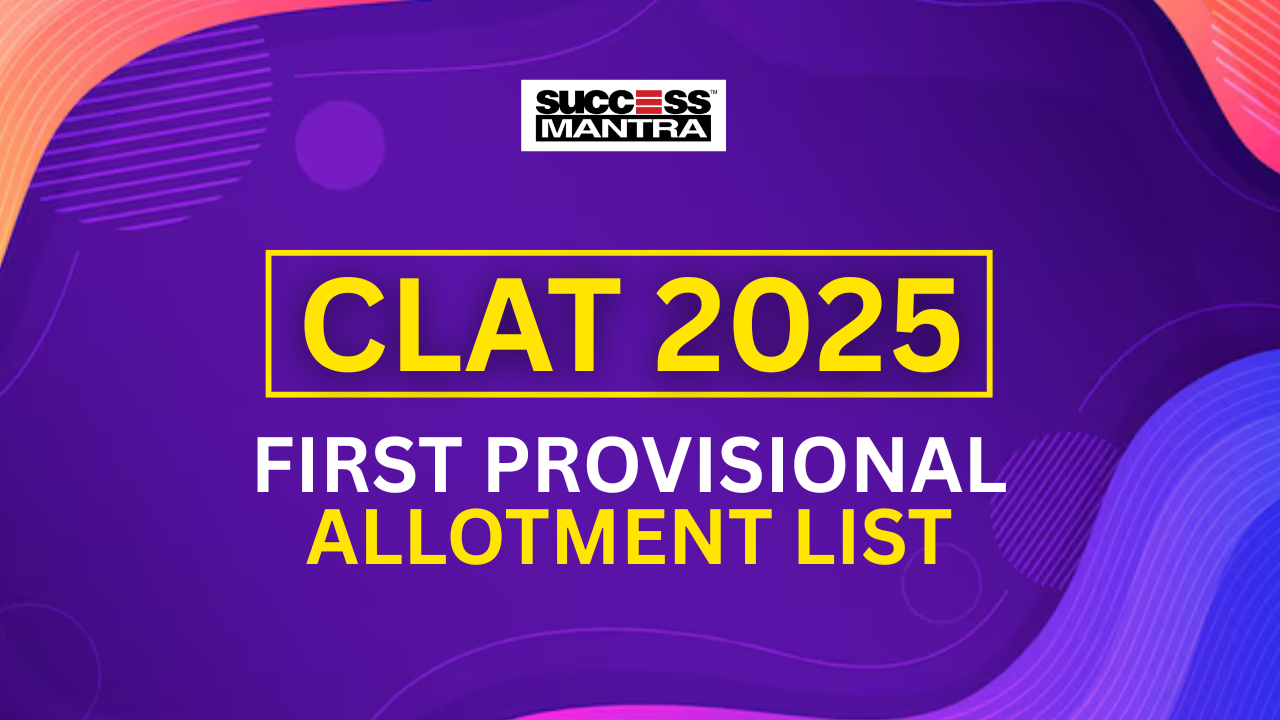


0 Comment